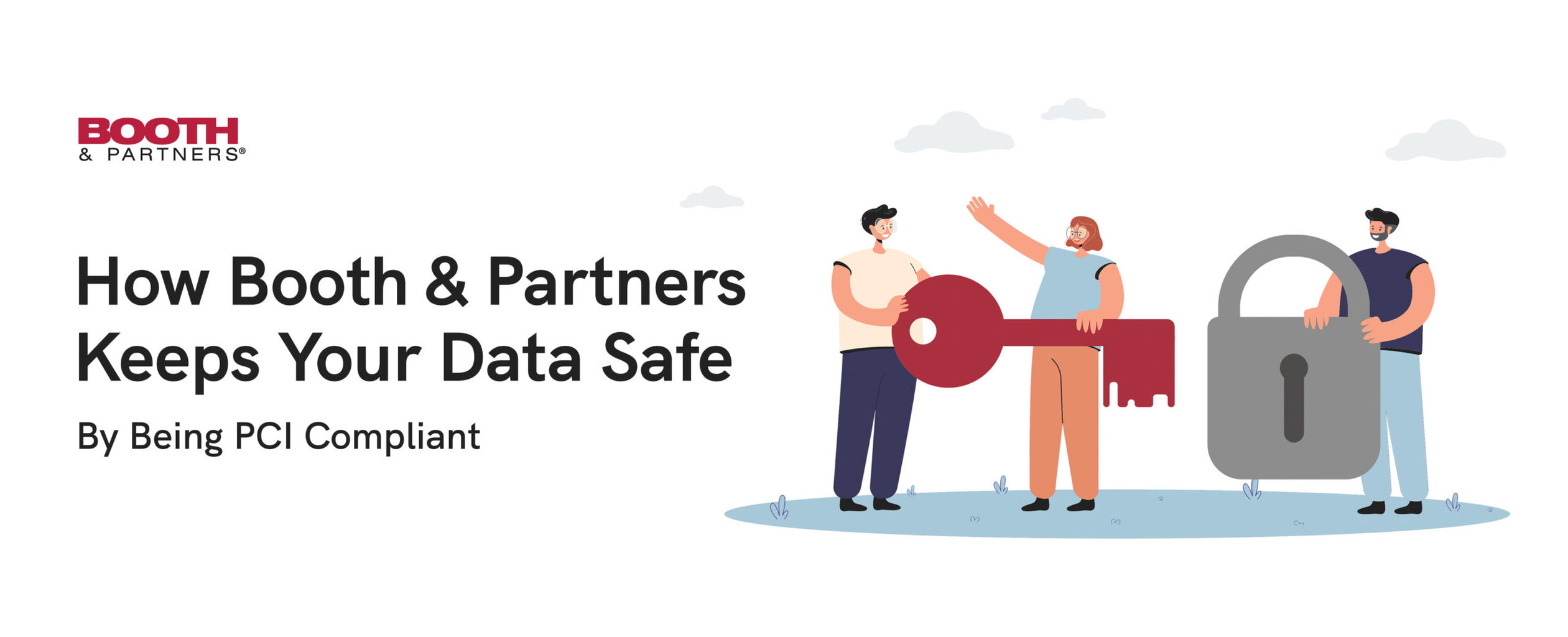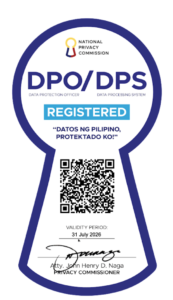How Booth & Partners Keeps Your Data Safe by Being PCI Compliant

Today’s businesses must accept credit cards to stay competitive in the marketplace. With credit card fraud, identify fraud, and stolen data on the rise, maintaining a safe environment for charge card transactions is of the utmost importance. Mishandling this information will lead to customers mistrusting merchants and financial institutions as a whole. That is why Booth & Partners is now a certified PCI compliant vendor so that you can be sure every transaction with us is safe and secure.
Payment card industry (PCI) compliance helps ensure the security of each one of our client’s credit card transactions. Whether you are a startup or a global enterprise, your business should always work with a PCI-compliant company. Here’s everything you need to know about working with PCI-compliant companies and why it matters.
What is PCI Compliance?
To help mitigate card payment fraud, the PCI Security Standards Council (PCI SSC) launched a set of requirements in 2006 to ensure all companies that process, store or transmit credit card information maintain a secure environment. The SSC provides a comprehensive framework, tools, and support resources to help businesses safely accept payment card data.
These standards originally applied to merchant processing but were later expanded to encrypted internet transactions. Those requirements, known as the Payment Card Industry Data Security Standard (PCI DSS), are the core component of any credit card company’s security protocol.
PCI compliance standards help avoid fraudulent activity and mitigate data breaches by keeping the cardholder’s sensitive financial information secure. Unsecured credit card information is more likely to be hacked. Hackers can then use sensitive information about the cardholder for a multitude of fraudulent activities including identity fraud.
What Do You Get from Working with PCI Compliant Companies?
The short version is, your cardholder data is safeguarded with the highest security money can buy.
The long version is, to begin with, PCI compliance is an industry mandate, and those without it can be fined for violating agreements and negligence. More importantly, those without it are vulnerable to data breaches that can result in theft or fraud. PCI compliance means that our systems are secure, reducing the chances of data breaches. It only takes one high-profile security breach to cost any customers loyalty, sink our reputation as a brand and erode the public’s trust in our ability to keep sensitive credit card information safe. Not only do data breaches have a negative impact on the reputation of the business, but they can also result in lawsuits, insurance claims, canceled accounts, payment card issuer fines, and government fines.
PCI compliance also contributes to the safety of the worldwide payment card data security solution. It is an ongoing process that aids in preventing future security breaches. During the first six months of 2020, there were 36 billion records exposed through data breaches. Financial motivation accounted for the vast majority of the breaches. A continual safeguard of cardholder data helps ensure that consumers do not suffer any financial loss.
How Does PCI Compliance Work?
Each card issuer has its own PCI compliance guidelines, which we have ensured to meet the proper qualifications for each of them. In order to make PCI compliant, businesses protect their client’s interests, they need to go through a three-step process that includes scoping, assessing, and reporting.
1. Scoping
In scoping, all systems that if compromised could impact cardholder data identified. Scoping is generally an annual process that involves evaluating all systems and ways cardholder data interacts with our business. This process will help determine the type of assessment needed as well as the magnitude and cost.
2. Assessing
This consists of either a self-assessment or an on-site audit conducted by a qualified security assessor. Which assessment a business will need is determined by the credit card company’s merchant levels.
3. Reporting
Once the assessment is finished, it would then be needed to be reported to the credit card company. PCI compliance assessments are done annually, but some PCI compliant companies may need quarterly vulnerability scans conducted by an approved scanning vendor.
How this Affects You
In summary, because Booth & Partners is now PCI Compliant, it means that we are now equipped and ready to handle online / card transactions for our clients better than ever. Not only that, but our compliance also means that we are more protected against cyber-attacks, security breaches, and data breaches which are fundamental in today’s economy. These may seem like a common requirement for businesses but you would be surprised at how a lot of businesses fail to do this standard.
Ensure the safety and security of your business’ data and all important information. Partnering with a PCI-compliant company like Booth & Partners. Contact us.
Discover more about outsourcing and
how you can maximize it for your
business success!
Get a copy of our E-book: Guide to Outsourcing.




